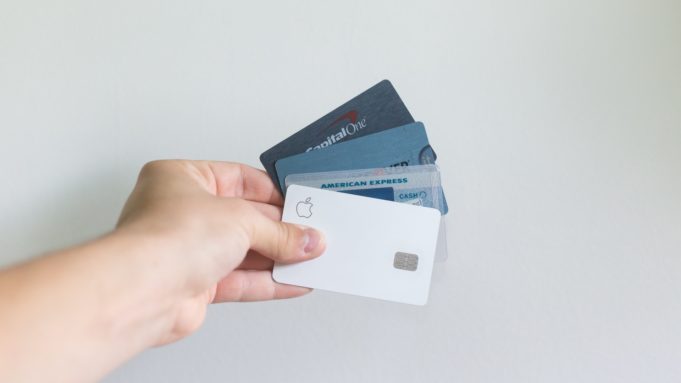There’s really no magic number of credit cards that you should have. Some people make do with just one credit card, while others may have a wallet full of cards. The number of credit cards you need to have should be based on your repayment capacity, spending needs, and your credit score, among other factors. Having said that, here’s a guide on how many credit cards you should ideally have if you fall under any of these categories.
You don’t have a credit history
If you need to build credit, your best bet is to get a secured card. With a secured card, you likely won’t be able to spend more than how much you put down as the security deposit. Since you don’t have a credit history, you may only be eligible for a single card.
You are looking to rebuild your credit score
If you’ve had several payment defaults in the past, your credit score is likely to have taken a hit. If you are now trying to rebuild your credit, you should keep the number of credit cards in your wallet to a minimum. If you do use your card, ensure you clear the balance on time. Keep in mind that closing any old credit card accounts may affect your credit score negatively.
You carry debts on your credit card
If you have outstanding debts on your cards, you should aim to repay the balances as soon as possible since it is likely that you are paying high interest on the outstanding amount. In such a case, you may want to apply for a balance transfer card that has a promotional 0% APR for a specific period of time.
You want to maximize your earning potential
If you have a solid credit score and are looking to increase your earning potential, you may want to apply for a reward card. That said, ensure that the card has a reward program that is in line with your spending habits.
Keep in mind that each time you apply for a credit card, the lender does a hard inquiry into your credit history, which causes your score to dip slightly. So, avoid mindlessly opening new credit card accounts!











